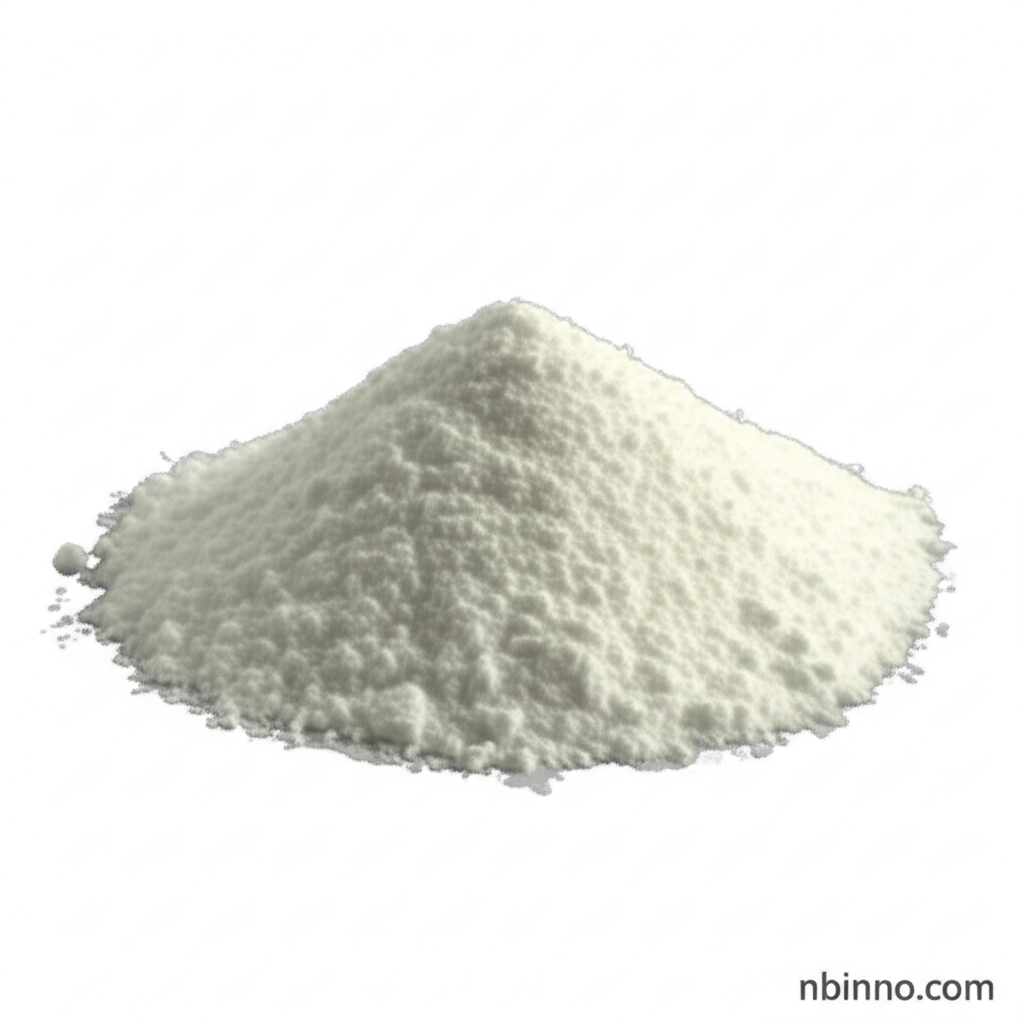Understanding 2-Bromo-4-chlorobenzonitrile (CAS 57381-49-4)
Explore the key properties, applications, and synthesis of this vital organic chemical intermediate.
Get a Quote & SampleProduct Core Value

2-Bromo-4-chlorobenzonitrile
This compound is a crucial building block in various chemical synthesis pathways, particularly within the pharmaceutical and organic chemistry sectors. Its unique structure, featuring bromine, chlorine, and nitrile functionalities, makes it highly reactive and versatile for creating complex molecules.
- Discover the detailed properties of 2-bromo-4-chlorobenzonitrile including its boiling point and density for your synthesis planning.
- Learn about the synthesis of 2-bromo-4-chlorobenzonitrile and potential preparation methods used in the industry.
- Source high-quality 2-bromo-4-chlorobenzonitrile for your research and development needs from reliable suppliers.
- Investigate the versatile applications of this nitrile compound in organic synthesis and pharmaceutical research.
Advantages of Working with This Compound
Versatile Reactivity
The presence of both bromine and chlorine atoms, along with the nitrile group, provides multiple reactive sites, enabling diverse chemical transformations and the creation of complex molecular architectures for pharmaceutical intermediates.
Key Building Block
As a valuable organic synthesis intermediate, it plays a pivotal role in the development of novel compounds and advanced materials, supporting innovation in chemical research.
Reliable Sourcing
Access to consistent and high-purity material is essential for successful organic chemistry. Understanding the best practices for sourcing 2-bromo-4-chlorobenzonitrile ensures project continuity.
Key Applications
Organic Synthesis
Utilized as a reagent or building block in the creation of new organic molecules, leveraging its reactive halogen and nitrile functional groups for complex transformations.
Pharmaceutical Research
Serves as a critical intermediate in the multi-step synthesis of active pharmaceutical ingredients (APIs), contributing to the development of new therapeutic agents.
Chemical Intermediates
A foundational component for manufacturing a wide array of fine chemicals and specialty materials used across various industries.
Material Science
Potentially employed in the development of advanced materials where specific electronic or structural properties are required, often linked to halogenated aromatic compounds.
